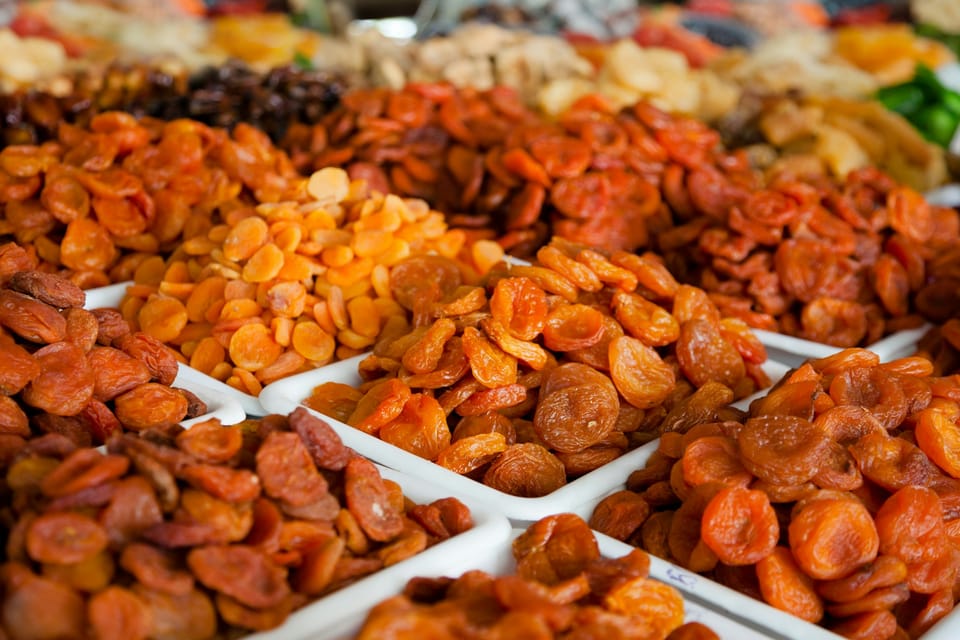Turkish dried fruits and nuts gain competitive edge in global market through organic farming

The Rise of Turkish Dried Fruits and Nuts in the Global Market
The global market has witnessed a significant rise in the demand for organic products, and Turkey has strategically positioned itself as a formidable player in the production of organic dried fruits and nuts. The country's focus on sustainable and organic farming practices has not only enhanced the quality and appeal of its produce but has also given it a competitive edge in international markets.
Why Organic?
Organic farming involves the cultivation of plants and animals without the use of synthetic chemicals, fertilizers, or genetically modified organisms. This method of farming is renowned for its environmental benefits, such as reducing pollution and conserving water and soil. The health benefits of consuming organic products, which are free from harmful chemicals and richer in nutrients, have driven global consumer demand significantly.
Advantages in Turkish Farming Practices
Turkey's agro-climatic conditions are ideal for the cultivation of a variety of fruits and nuts, including figs, apricots, raisins, and hazelnuts. By incorporating organic farming practices, Turkish farmers ensure that the products are not only sustainable but also of higher nutritional value. Here are several advantages that have helped boost the Turkish dried fruit and nut industry:
- Geographic Diversity: Turkey's diverse climate across different regions allows for the cultivation of a variety of crops, which means a broader product offering in the global market.
- Government Support: The Turkish government has implemented policies and provided subsidies to support organic farming, making it easier for farmers to transition from conventional practices.
- Traditional Techniques: Many Turkish farmers use traditional farming techniques that naturally align with organic standards, hence adopting organic methods was a seamless transition for many.
- High Standard of Certification: Turkish products often meet and exceed international organic standards, which makes them highly trusted in overseas markets.
Global Market Penetration
Due to these strategic advantages, Turkey's dried fruits and nuts have penetrated various international markets, gaining a foothold particularly in Europe and North America. The marketing of these products often highlights their organic nature, appealing directly to health-conscious consumers across the globe.
Impact on Local Economy
The focus on organic farming has also had a beneficial impact on Turkey's local economy. Small-scale farmers have experienced increased profitability due to the premium prices commanded by certified organic products. Furthermore, the sector has seen a boost in employment opportunities in rural areas, contributing to socio-economic growth.
Challenges to Overcome
Despite its success, the Turkish dried fruit and nut industry faces several challenges. These include changing global regulations on organic products, competition from other countries, and climatic changes affecting yield. Continuous innovation and adherence to international standards are required to maintain competitiveness.
Here's a thought to consider
The Turkish example provides valuable insights into how adopting organic farming practices can lead not only to improved product quality but also to a stronger market position globally. As the world continues to shift towards sustainability, the organic food market presents expanding opportunities for countries that can adapt effectively. Thus, Turkey's investment in organic dried fruits and nuts sets a benchmark for global agricultural trade.
Looking for updates? Sign up to our newsletter for weekly snippets.


